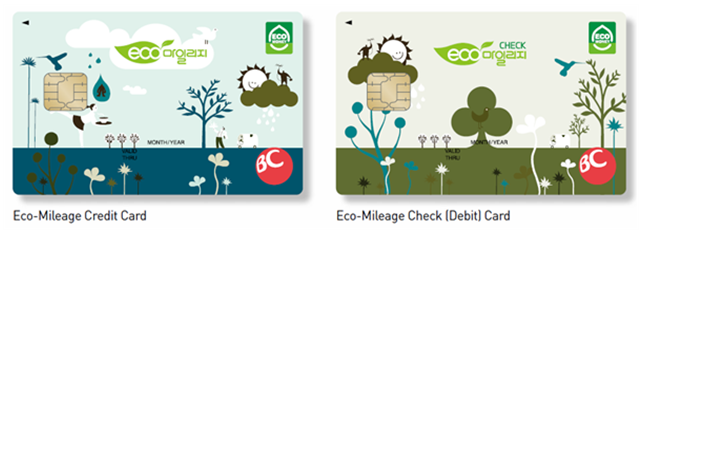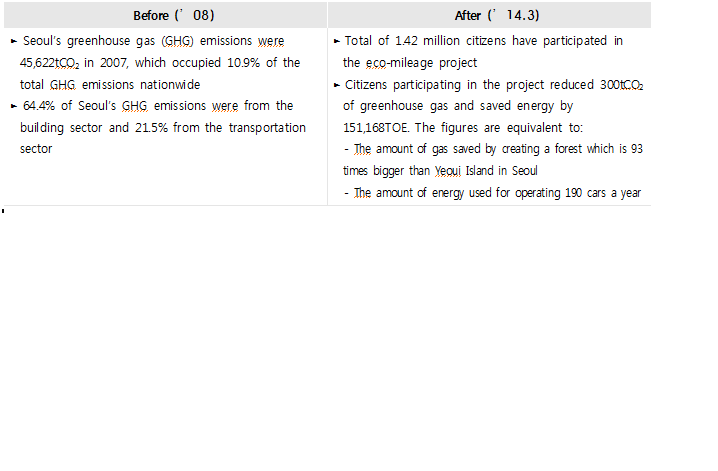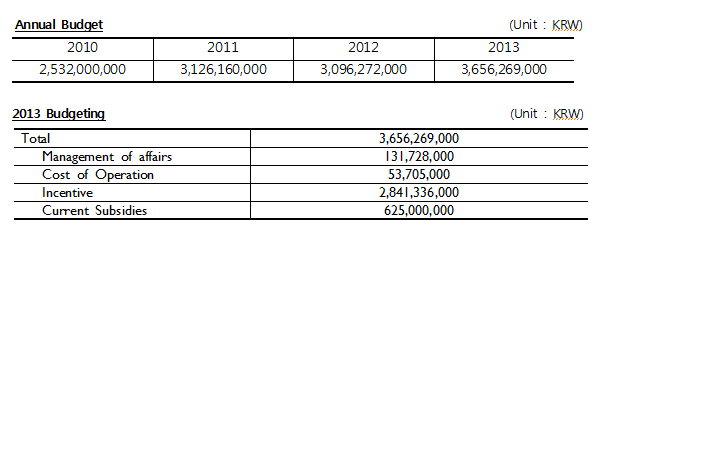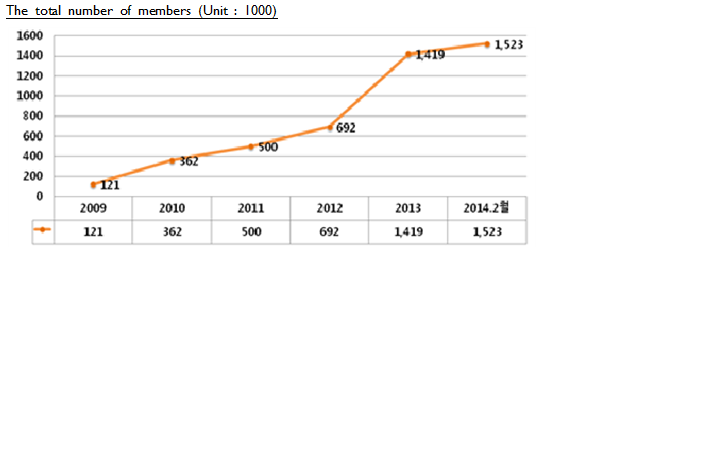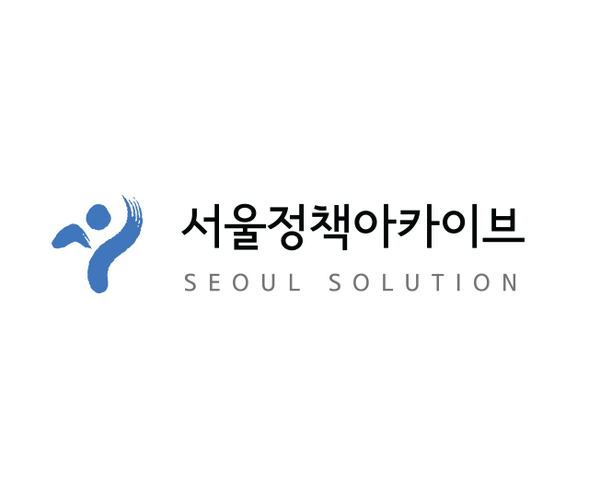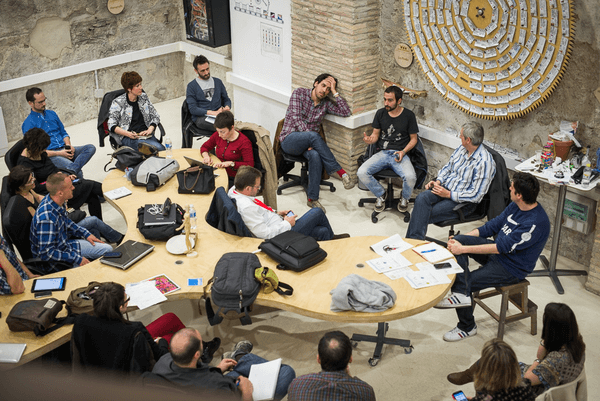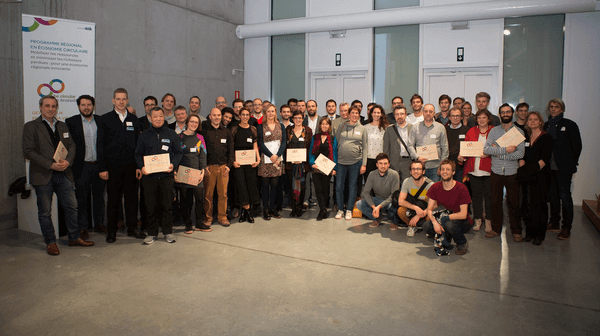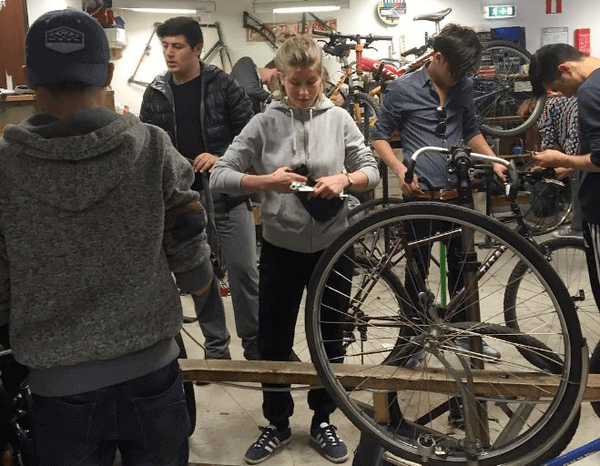The Seoul Eco Mileage System established at the Request of Civic Society. A number of civic groups called on the city of Seoul to come up with energy conservation systems. In April 2008, the city established the procedures for the implementation of the Eco-Mileage System along with the energy consumption quantity management system under the leadership of the city’s director of the Climate & Environment Headquarters. In January 2009, the Eco-Mileage System was put into effect and its aim was to reduce greenhouse gas emissions in the city.
The key principles of the system are:
- Working in partnership with companies
To successfully implement the Eco-Mileage System, the Seoul Metropolitan Government signed MOUs with large and medium-sized companies, including Samsung Electronics, Hyundai Motors, and LG Chemical, with the aim of providing environmentally-friendly incentives. These companies offered their products to households that had demonstrated outstanding energy conservation.
- Evaluation System based on Accumulated Usage
Seoul changed the calculation method of energy consumption from “the quantity at a certain point in time” to “the average quantity used during six months,” encouraging continuous energy conservation. Currently, the city monitors households’ energy consumption from the past six months and selects households that have saved more than 10% per month compared to the monthly average of the previous two years. The incentives that Seoul offers include household environment-friendly products that are reinvested in energy conservation; public transportation card replenishment; gift certificates that can be used in traditional markets; and credit card points. For groups, like those in an apartment complex or a commercial building, Seoul selects those with excellent records in the reduction of greenhouse gas emissions and grants subsidies in amounts from 5 to 10 million KRW, which can be used to upgrade to high-efficiency facilities.
As the program expanded and membership continued to grow, Seoul adopted the “Eco-Mileage Card” system to decrease the program’s fiscal burdens. So far, 793,679 Eco_Mileage Cards have been issued. Seoul promoted the benefits of the mileage card system to the rest of the country, and as a result, 3,249,252 cards have been issued nationally. The card mileage system benefits citizens remarkably and strengthens their commitment to environmental protection. This is a result of the collaboration of the city administration, a credit card company, financial institutions, manufacturers, and retailers. The system costs the city administration very little while leading to significant change.
- Support for Citizens through a Two-Way Information Channel
Along with the provision of incentives, the Eco-Mileage program promotes two-way communication with citizens. The Eco-Mileage website posts citizens’ energy conservation tips and experts’ advice. It also informs citizens of new city programs, like the Energy Clinic that pays free visits to households or buildings to offer an energy diagnosis service.
- Resident Centers Helping the Disadvantaged to Participate
Seoul arranged for those who do not own computers at home or cannot operate them well to visit a resident center and become members. In addition to in-charge officials, a temporary student worker at each center will help them apply for the membership online.
